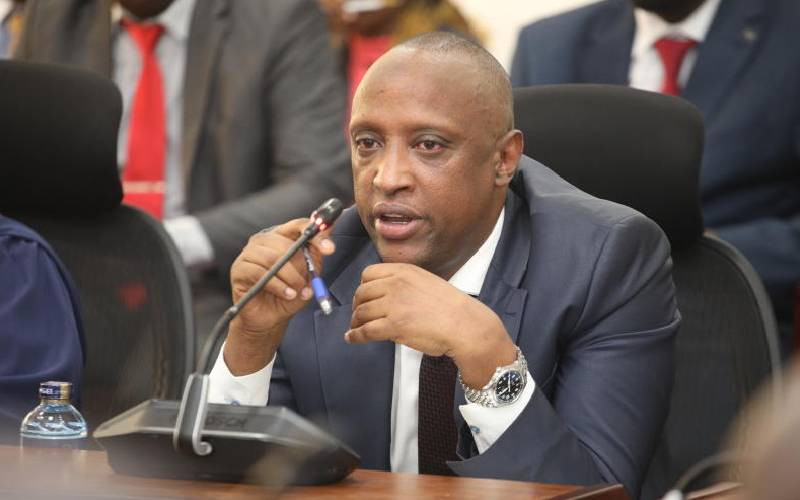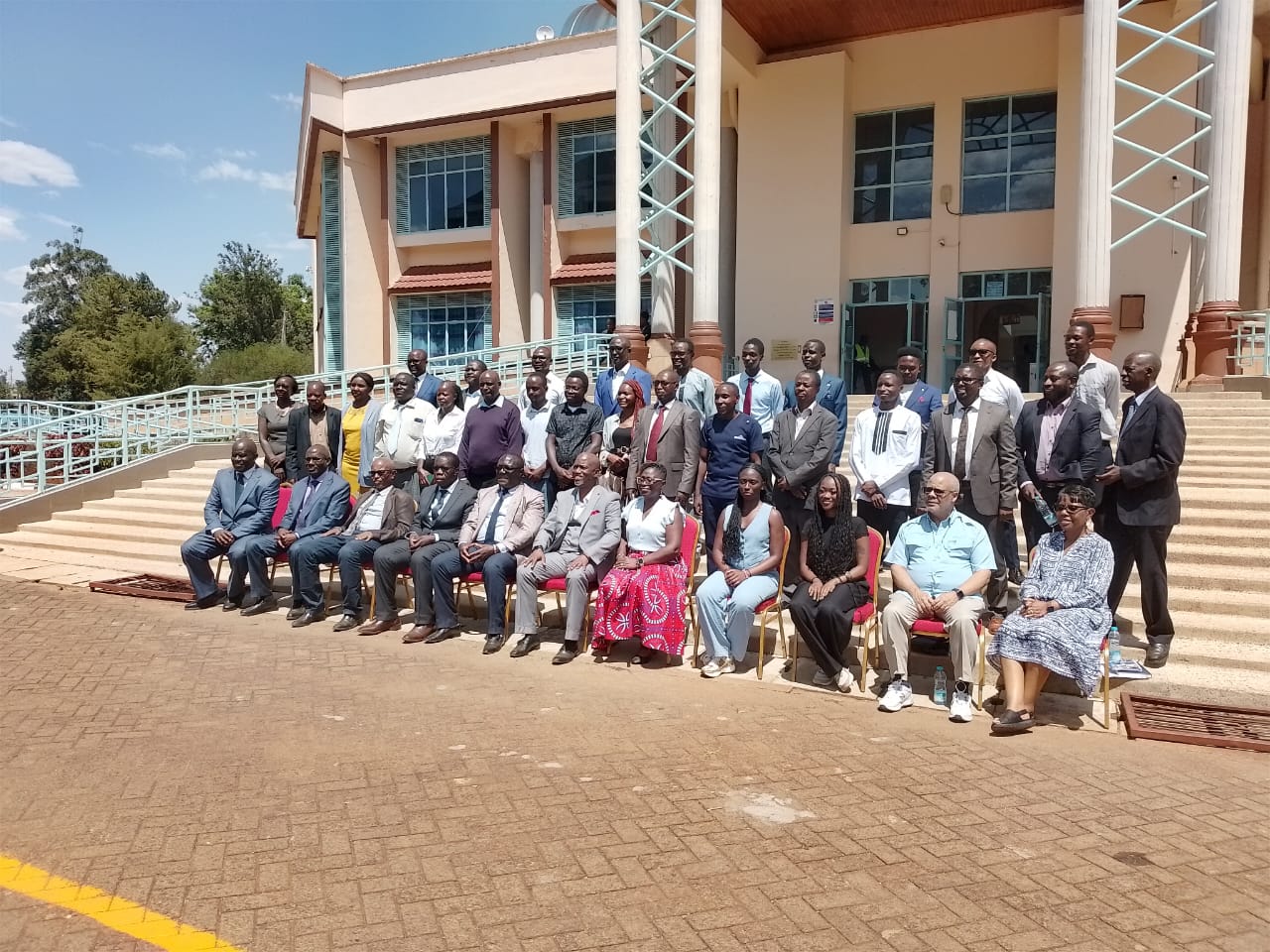By The Weekly Vision Political Desk
The political fate of Isiolo Governor Abdi Guyo hangs precariously in the balance as the Senate commences a two-day impeachment hearing that could either save or end his tenure barely two years after taking office.
Governor Guyo, the only county chief elected under the Jubilee Party in the 2022 General Election, is fighting to retain his seat amid mounting charges of gross violation of the Constitution, abuse of office, and gross misconduct. The Senate, sitting as a quasi-judicial tribunal, is expected to make a decision that will reverberate across the political terrain of Northern Kenya.
Senate Speaker Amason Kingi has gazetted Tuesday and Wednesday as the official dates for the impeachment hearing. The process will begin with the Senate clerk reading out the charges, followed by the governor’s plea. Both the county assembly and Guyo’s legal team will be permitted to raise preliminary objections before the substantive hearing gets underway.
The County Assembly, which passed the impeachment motion, will then have three hours to present its case, including cross-examination. Senators will also question the MCAs, after which Governor Guyo will take the stand to personally defend himself. The Senate will later debate the motion, culminating in a vote. At least 24 of the 47 elected senators, voting by county delegation, must support the motion for the impeachment to stand.
While the impeachment proceedings appear legal on the surface, analysts and insiders argue that the real battle is deeply entrenched in the complex politics of Northern Kenya, where clan loyalties, regional supremacy, and party affiliations intertwine in a volatile fashion.
Sources close to the matter allege that Guyo’s troubles have little to do with governance failures and more to do with political supremacy battles among power brokers in the region. Though elected under the now-diminished Jubilee Party, Guyo has since broken ranks and pledged allegiance to President William Ruto’s United Democratic Alliance (UDA), actively campaigning to shore up the President’s influence in the north.
“His defection to UDA has upset certain political players who feel he is disrupting long-standing power arrangements in the region,” a source familiar with the intrigues told The Weekly Vision on condition of anonymity. “This impeachment is more about taming him than any wrongdoing.”
In Isiolo and its surrounding counties, clan dynamics remain a critical factor in politics. Governor Guyo, originally a city politician who rose through the ranks as a Nairobi MCA and Majority Leader, is seen by some as an outsider encroaching upon Isiolo’s historically clan-based leadership structure.
This undercurrent is further complicated by reports that Isiolo Senator Fatuma Dullo is eyeing the governor’s seat in 2027. If Guyo survives impeachment, the race could shape up to be a fierce intra-clan rivalry, injecting fresh tensions into an already fragile political equation.
Guyo holds a unique place in Kenya’s devolution history. He is the first ward representative to rise to the office of governor and the only person elected on a Jubilee Party ticket in 2022. His ascension, while celebrated by supporters, disrupted the expected political order in Northern Kenya, where the UDA and the United Democratic Movement (UDM), led by Mandera MP Ali Roba, have cemented their presence.
UDM currently holds governorships in Mandera and Marsabit and Senate seats in Wajir and Mandera, positioning itself as a dominant political force in the north. Guyo’s alignment with UDA therefore makes him both an asset to Ruto and a threat to rival formations.
Guyo’s legal team is preparing to challenge the County Assembly’s process, particularly its defiance of a court order that temporarily suspended the impeachment motion. The governor’s lawyers are expected to present this issue as a fundamental breach of due process in their preliminary objections. Nonetheless, political observers warn that the outcome will not solely hinge on legal merit. With senators divided along party and regional lines, political interests are expected to influence the vote heavily.
Should the Senate uphold the impeachment, it would trigger a by-election and reset the political clock in Isiolo. If, however, the governor survives the storm, it will not only embolden his political standing but also signal Ruto’s growing grip over the region, a win in the broader context of his 2027 re-election bid.
As proceedings get underway, the people of Isiolo and Kenya at large will be watching closely.
The Guyo case is more than an impeachment trial; it is a litmus test of how far political rivalry, regional power struggles, and clan-based calculations can shape the fate of a devolved government in Kenya.





